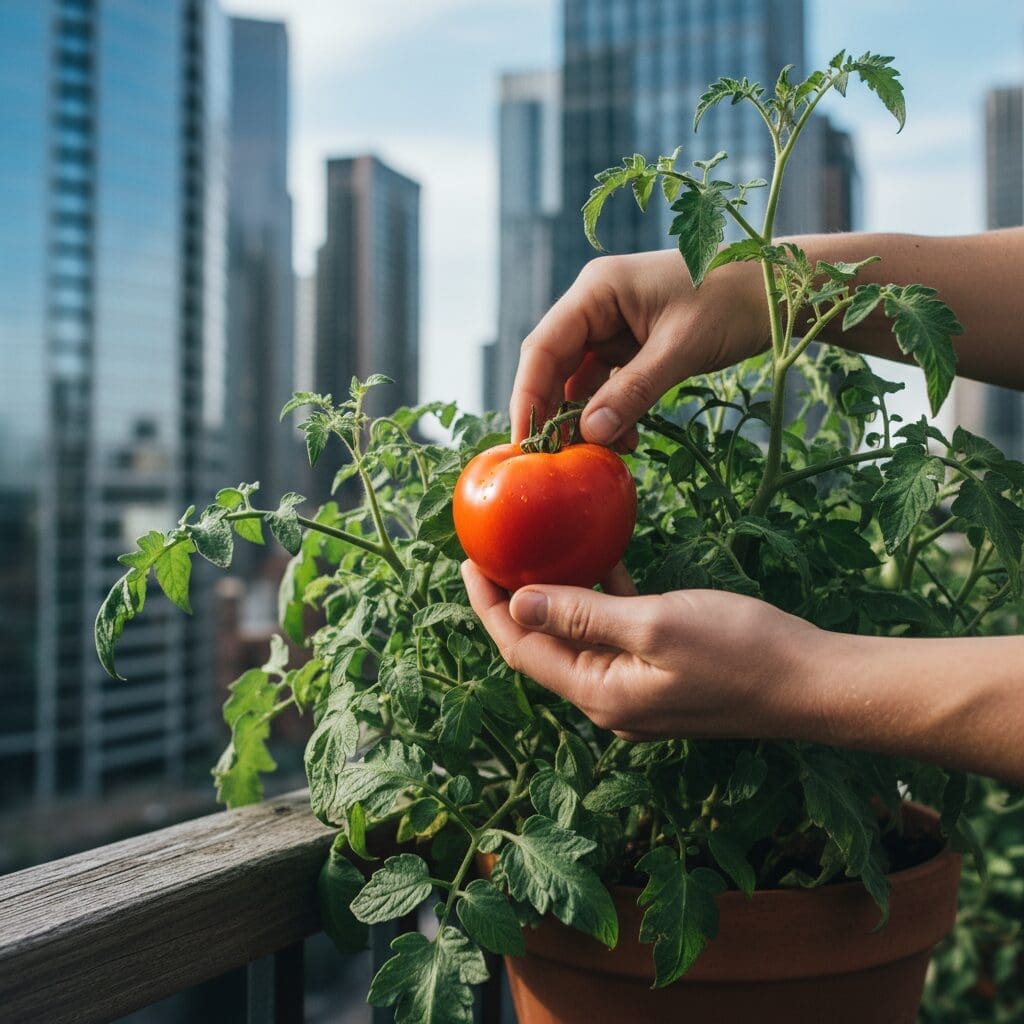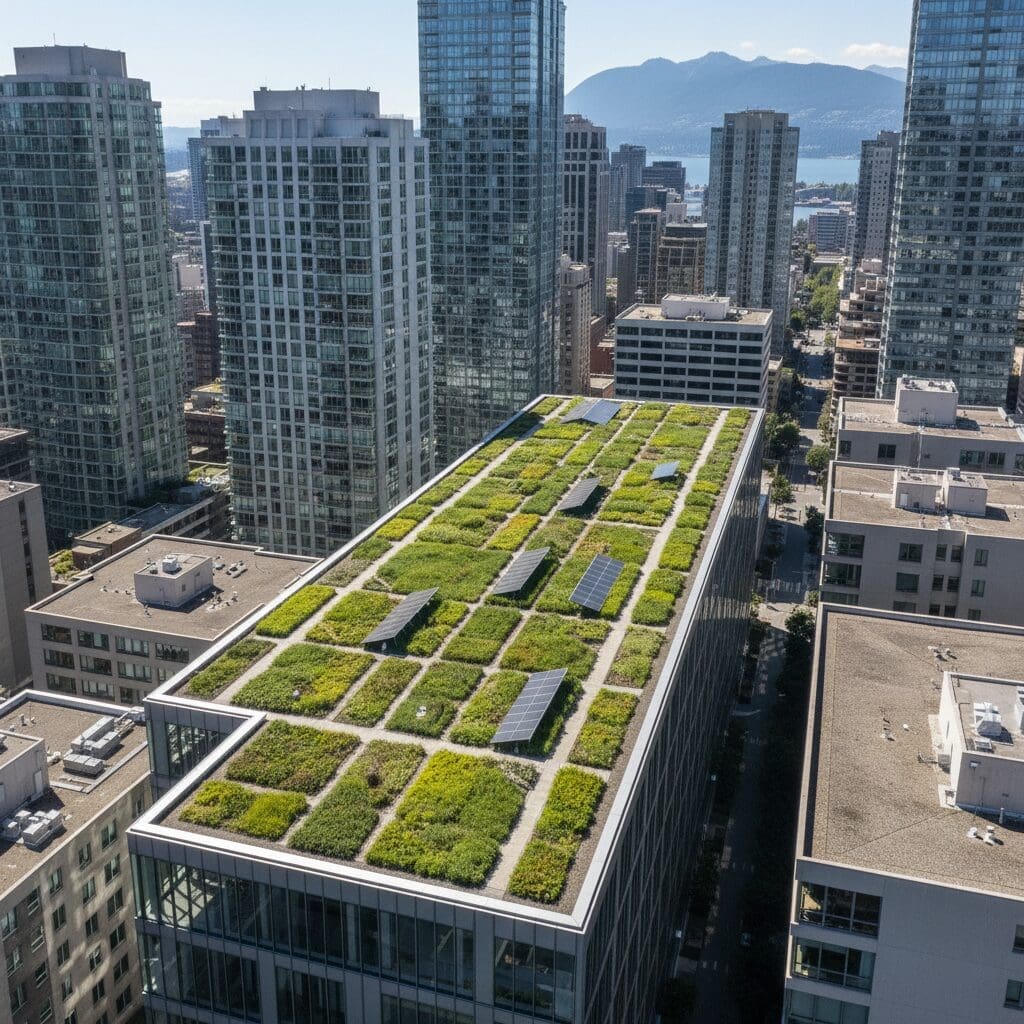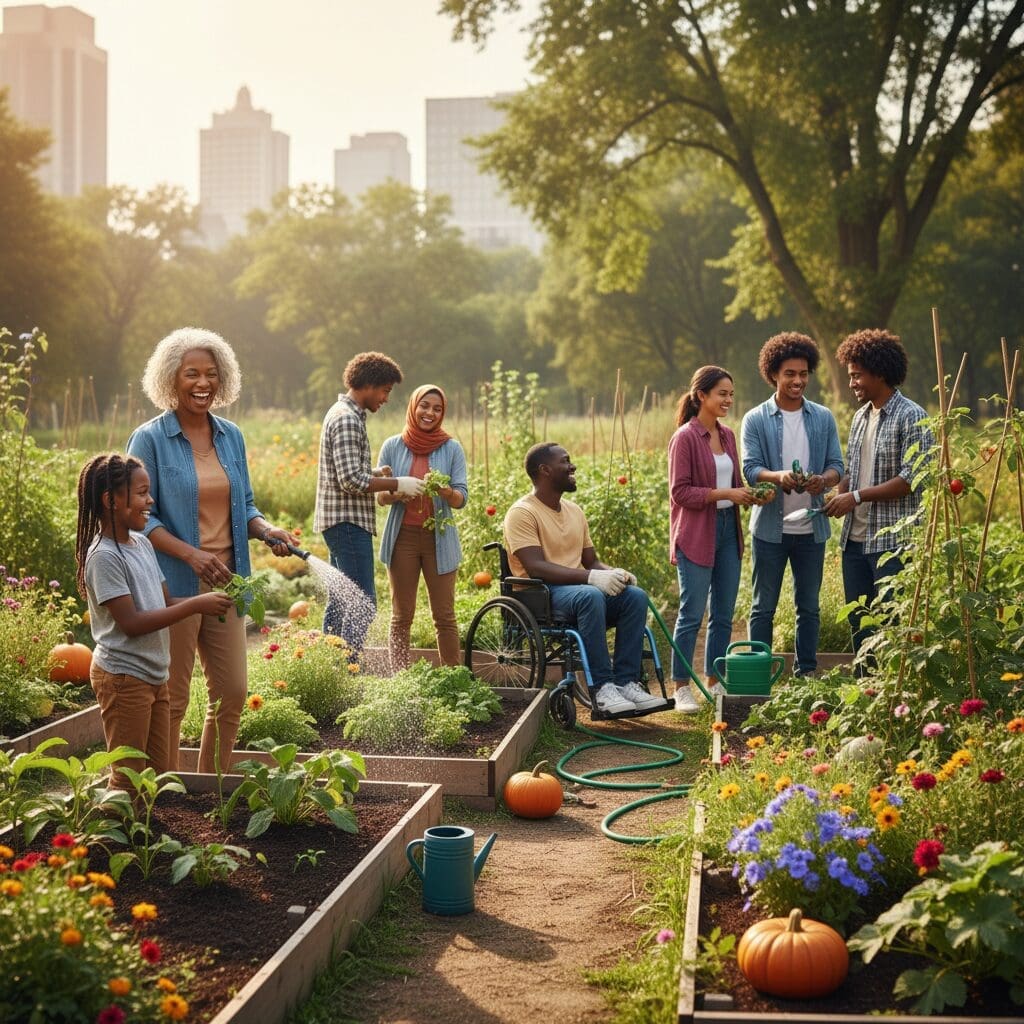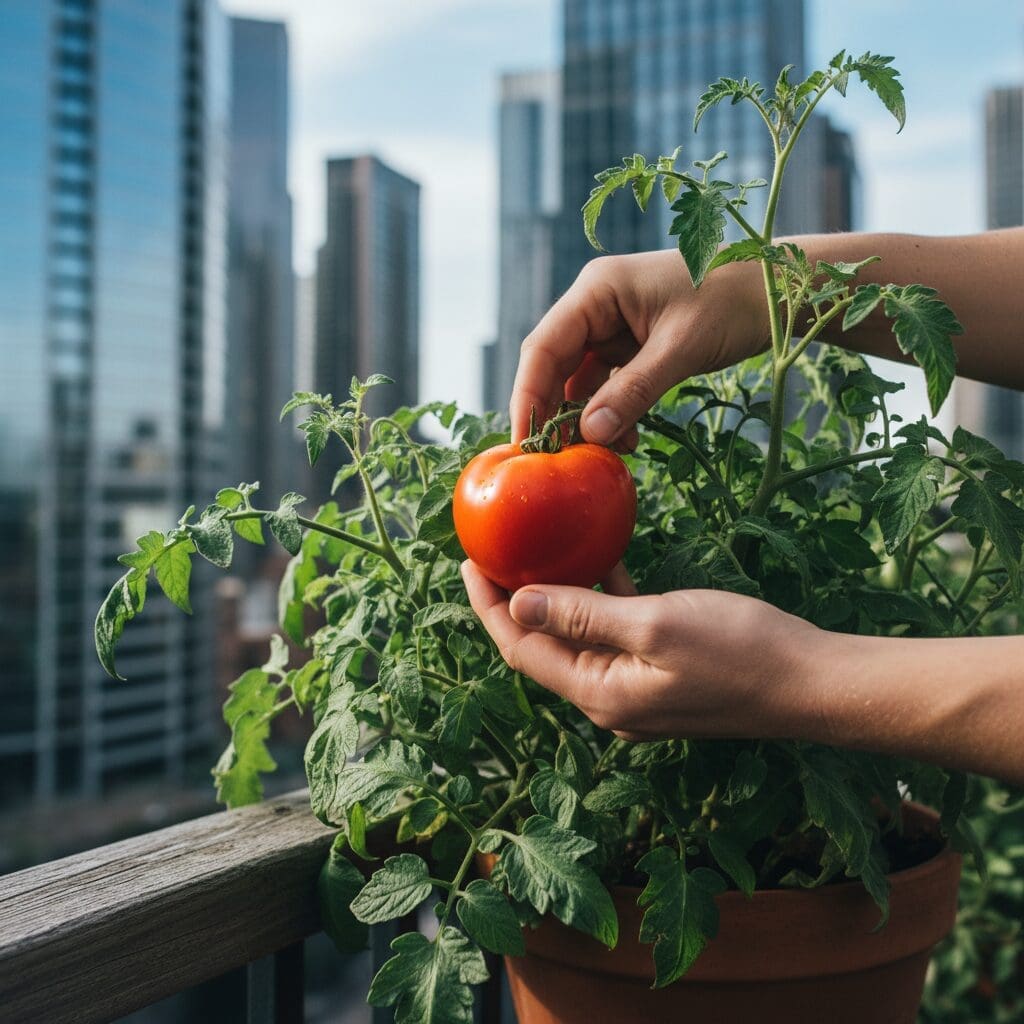The Ultimate Guide to Urban Gardening: Grow Your Own Food in Any City Space

In the heart of bustling cities, a green revolution is taking root. Urban gardening—the practice of growing plants in an urban environment—is transforming concrete landscapes into vibrant, productive oases.
From tiny balcony herb gardens to sprawling rooftop farms, city dwellers are discovering the profound benefits of cultivating their own food. This guide will delve into why urban gardening is more than just a hobby; it’s a movement towards healthier living, environmental sustainability, and stronger communities.
Whether you have a sunny windowsill or a shared courtyard, you have the potential to grow.
Boost Your Health with Hyper-Local Produce

One of the most immediate benefits of urban gardening is access to the freshest, most nutritious food imaginable. Store-bought produce often travels hundreds, if not thousands, of miles, losing vital nutrients along the way.
When you harvest vegetables from your own balcony, you’re getting peak flavor and nutritional value. Growing your own food also gives you complete control over what goes into it, allowing you to avoid synthetic pesticides and fertilizers.
This direct connection to your food source encourages healthier eating habits, increases vegetable and fruit consumption, and provides a gentle form of physical exercise.
Greening the Concrete Jungle: Environmental Advantages

Urban gardens are small but mighty warriors in the fight against climate change. They help reduce the ‘urban heat island’ effect, where concrete and asphalt absorb and retain heat, by providing shade and releasing moisture through evapotranspiration. As noted by the Food and Agriculture Organization of the United Nations, this greening effect is crucial for urban resilience.
Plants also act as natural air filters, capturing pollutants and producing clean oxygen. Furthermore, growing food locally drastically cuts down on ‘food miles’—the distance food travels from farm to plate.
This reduces the carbon footprint associated with transportation, packaging, and refrigeration, making your plate of salad a win for the planet.
Nurturing Your Mind and Community

The benefits of gardening extend far beyond the physical. The act of tending to plants has been shown to reduce stress, anxiety, and depression, a finding supported by studies in the Journal of Health Psychology.
It’s a mindful activity that connects us to the cycles of nature, providing a sense of purpose and accomplishment. Urban gardening also fosters community.
Community gardens become social hubs where neighbors connect, share knowledge, and work together towards a common goal. These shared green spaces can help reduce social isolation and build stronger, more resilient neighborhoods.
Conclusion
Urban gardening is a powerful and accessible way to enact positive change, starting right at home. It enriches our diets, cleans our air, soothes our minds, and strengthens our communities.
By transforming underutilized urban spaces into productive gardens, we not only grow food but also cultivate a more sustainable and connected future. The journey begins with a single seed.
So, find a sunny spot, get your hands dirty, and watch your urban oasis—and its many benefits—flourish.
